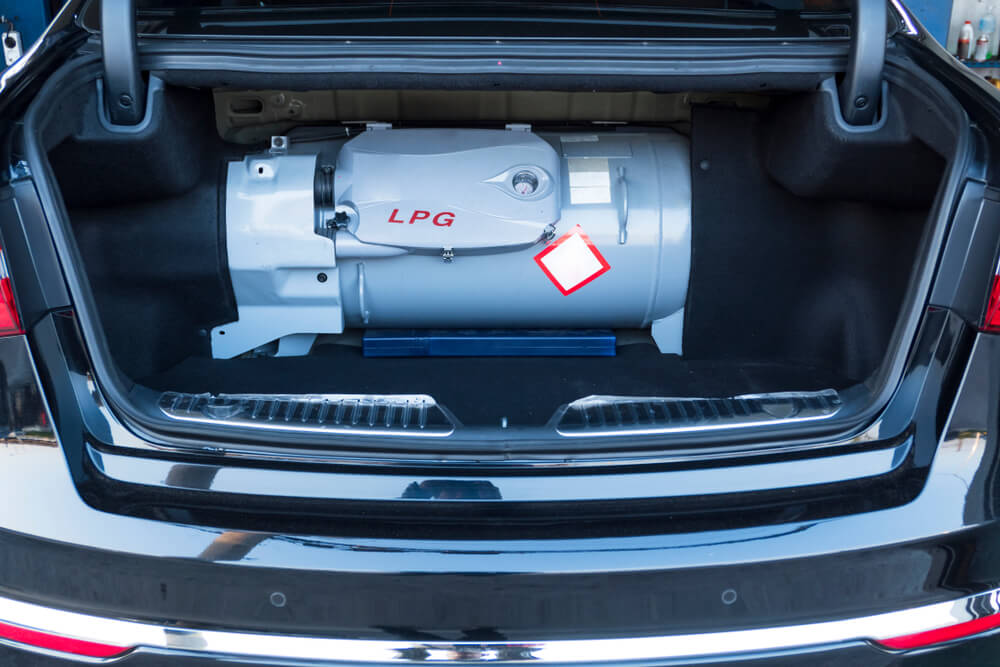When it comes to cars, liquefied petroleum gas (LPG) is a fuel that has been widely applied and might be used as the quickest cheap-profit, environmentally healthier, attractive choice in all the above aspects. This article explores the advantages, applications, and considerations of using LPG as an alternative fuel for vehicles.

Why Use LPG as a Vehicle Fuel?
LPG is an attractive alternative to petrol and diesel due to several reasons:
- Price: LPG tends to be cheaper than regular fuels, reducing the overall fuel bill.
- Breathing Dearly Easy: There is not a comparable amount of greenhouse gases, or pollutants in LPG where those of petrol or diesel impose a clear advantage to health and natural emission.
- Engine Efficiency: LPG systems run smoother, leading to less wear and tear on the engine and cheaper maintenance bills.
- Energy Security: Using LPG diversifies fuel sources and reduces reliance on conventional fossil fuels.
What is LPG like and how does it find its place in transport?
In one variant, LPG is housed in a container working at pressure and is taken to the engine through a fuel injection system. This sustains the idea of the different kinds of vehicle currently using it.
LPG can thus find a means of service in the car in convenient configurations:
- Dedicated LPG Vehicles: A vehicle of dedicated solely to operate on LPG.
- Bi-fuel vehicles: Cars that now have the option of running on either LPG or petrol or diesel offering greater flexibility.
Benefits of LPG for Transportation
- LPG costs less to run: Comparatively, LPG is between 30% and 50% cheaper than petrol or diesel, thus bringing substantial savings.
- Environmental Factors: As opposed to petrol and diesel, carbon dioxide, nitrogen oxide, and particulate emissions would be considerably lower with LPG.
- Enhanced Engine Life: Less residue is deposited in the engine after LPG combustion, thereby ensuring better engine cleanliness and hence lesser maintenance costs.
- More LPG refueling stations: Several countries have even launched this as a convenient means of fueling.
Challenges and Thoughts
Although the use of LPG in vehicles is advantageous, using LPG in vehicles comes with challenges:
- Initial costs: To convert a petrol-driven vehicle into an LPG vehicle, the owners of the vehicle offer an upfront investment.
- Scant infrastructure: LPG fuelling stations are still limited in many areas, compared to their petrol/diesel counterparts.
- Slightly Lower Fuel Efficiency: LPG has a lower energy density than petrol, requiring more frequent refueling.
- Safety Regulations: Proper handling, installation, and maintenance are crucial to ensure safe usage.
The Future of LPG as a Vehicle Fuel
As the world search for clean energy alternatives, LPG remains a practical alternative fuel. Advances in technology are making LPG-powered vehicles more efficient and accessible. With general recognition and few inducements that administrations and competent institutions will give, this technology will eventually develop more rapidly. Progress in infrastructure development will propel market uptake.
Conclusion
The LPG has been presented from all sides as technically feasible to be an alternative automobile fuel and is cost-saving and environment-friendly. LPG also happens to be beneficial in that it leaves lesser carbon traces in the surrounding environment. However, infrastructure conundrums as well as conversion expenditures have had the effect of hampering at least the initial phase for getting its advantage of lowered emissions, smaller charges on fuel, and improved longevity into real-time operations. In the future, more LPG programmers seem pertinent for sustainable mobility.